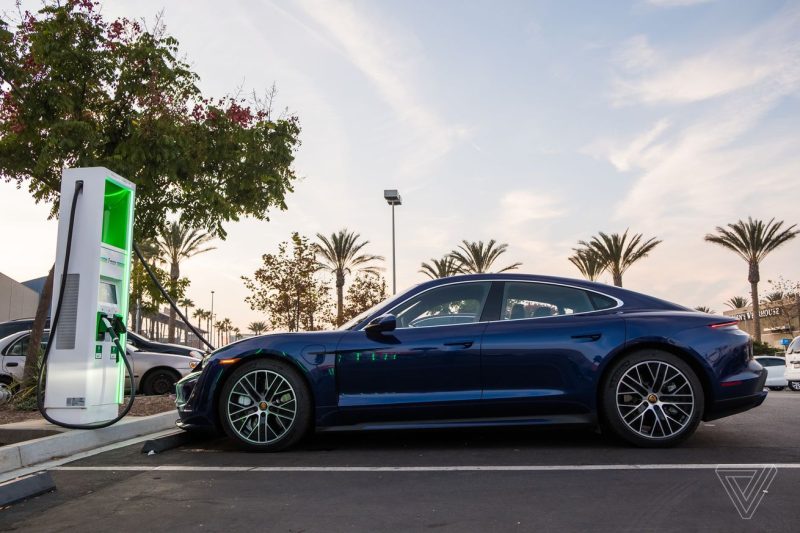Porsche’s Decision to Hold Onto Gas Cars for a Bit Longer
In the rapidly evolving landscape of the automotive industry, Porsche’s decision to prolong the production of gas-powered cars amidst the electrification trend has raised eyebrows and fueled discussions within the industry. While many automakers are shifting towards electric vehicles (EVs) to align with environmental goals and changing consumer preferences, Porsche has opted to maintain its gas-powered vehicles as part of its portfolio for the foreseeable future.
One of the key factors influencing Porsche’s decision is its commitment to serving the diverse needs and preferences of its customer base. The German automaker has built a reputation for producing high-performance sports cars that deliver a thrilling driving experience, and many enthusiasts still prefer the sound and feel of a traditional gas-powered engine. By continuing to offer gas-powered models alongside its growing lineup of electric vehicles, Porsche is catering to both traditionalists and those looking to embrace the future of mobility.
Moreover, Porsche recognizes the importance of striking a balance between sustainability and performance in its product offerings. While EVs offer undeniable benefits in terms of reduced emissions and lower operating costs, gas-powered cars still hold appeal for their unique characteristics, such as engine sound, responsiveness, and range. By maintaining a mix of gas and electric models, Porsche is able to provide customers with a choice that aligns with their individual preferences and driving habits.
Additionally, Porsche’s decision to hold onto gas cars for a bit longer reflects the practical considerations of transitioning to an all-electric lineup. Developing high-performance EVs that meet the brand’s standards for driving dynamics and reliability requires extensive research, development, and testing. By continuing to refine its gas-powered models while concurrently investing in electric technologies, Porsche can ensure a seamless transition to a fully electrified future without compromising on its commitment to performance and innovation.
Furthermore, the move to retain gas-powered cars allows Porsche to navigate regulatory challenges and market dynamics effectively. While many regions are implementing stricter emissions regulations and incentivizing the adoption of electric vehicles, the infrastructure for charging stations and battery technology is still evolving. By maintaining gas-powered options in its lineup, Porsche can address the limitations of EV adoption, such as range anxiety and charging infrastructure, and provide customers with a comprehensive range of options to suit their needs.
In conclusion, Porsche’s decision to hold onto gas cars for a bit longer highlights its strategic approach to embracing electrification while preserving the unique attributes of its gas-powered vehicles. By striking a balance between tradition and innovation, sustainability and performance, Porsche is positioning itself to meet the evolving needs of its customers and adapt to the changing automotive landscape.Ultimately, Porsche’s commitment to both gas and electric vehicles underscores its dedication to delivering exceptional driving experiences that cater to a diverse audience of enthusiasts and forward-thinkers.






























